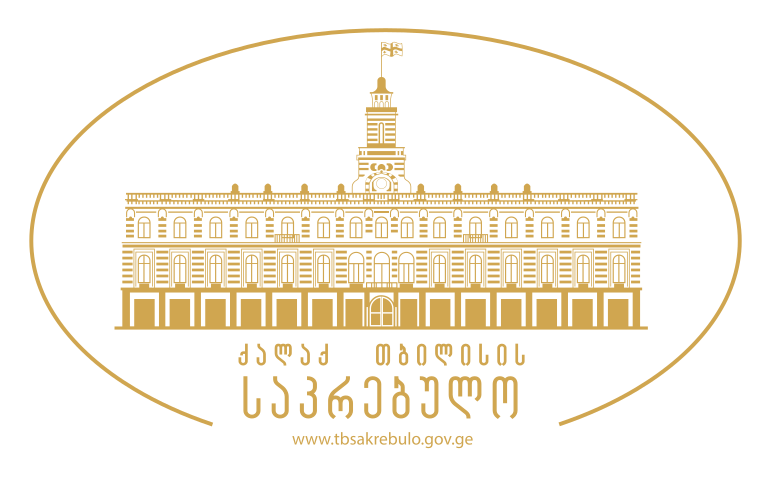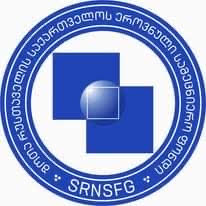031- The Place of Asia in Comparative Literature: A Panel on Method
Organized by: University of Chicago. PhD Candidate Jue Hou
English
Keywords: Asia, comparative literature, methodology, epistemology
In 1960, the Japanese Sinologist and leading postwar intellectual Takeuchi Yoshimi delivered a lecture titled “Asia as Method,” in which he reconsiders the imperial legacies behind Western theories and values and proposes that, in response to the vexed East/West binary, one should reconceptualize “Asia” as a framework of analysis. Following this thread, over the past two decades, scholars like Chen Kuan-hsing have underlined the importance of inter-Asian referencing in what they announce as an effort to deimperialize and decolonize knowledge production in academia. Broadly construed, “Asia as Method” navigates between the radical situatedness of local histories across Asia and a critical distance that enables one to see Asia itself as a historical and geopolitical construct——indeed, a multiply reconfigured construct the features of which have varied under Mongol, Ming, Manchu, Japanese and other designs for domination. In light of recent methodological debates in Asian studies, this panel aims to probe into the implications of “Asia as Method” for comparative literature. How might intra-Asian comparisons shed light on the limits of comparability? How does one set aside the habit of what Naoki Sakai terms “anthropological difference” in the division of academic labor, that is, assigning the West as the origin of “theory” and Asia as the site of “experience”? How might inter-Asian literary studies speak to studies of non-Asian literatures? Possible topics include but are not limited to:
Asia and translation studies
Inter-Asian studies and non-Asian entities
Asia and the politics of “place” in comparative literature
Empires (plural) and epistemologies
Area studies, cold war, and the stakes of comparison
The place of Asia in recent methodological debates in literary studies, e.g., critique and postcritique.
The Project was supported by Shota Rustaveli National Science Foundation of Georgia (SRNSFG) [grant number MG-ISE-22-170]


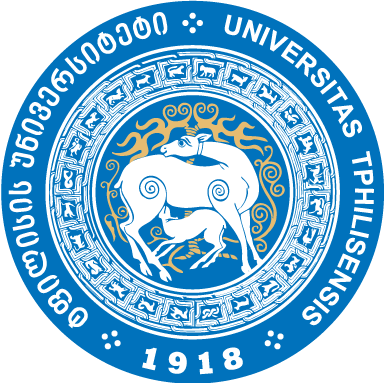

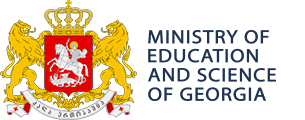
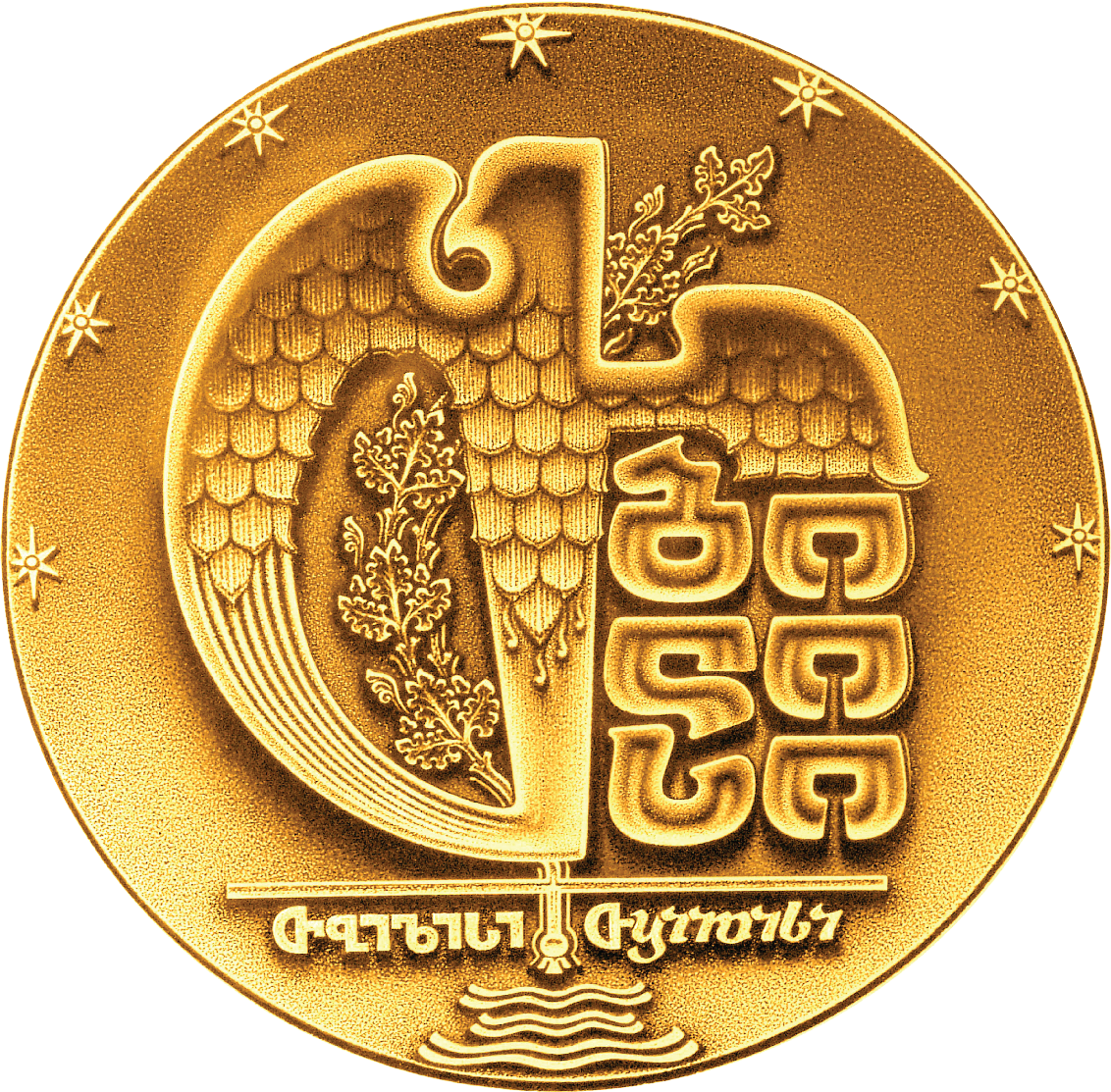

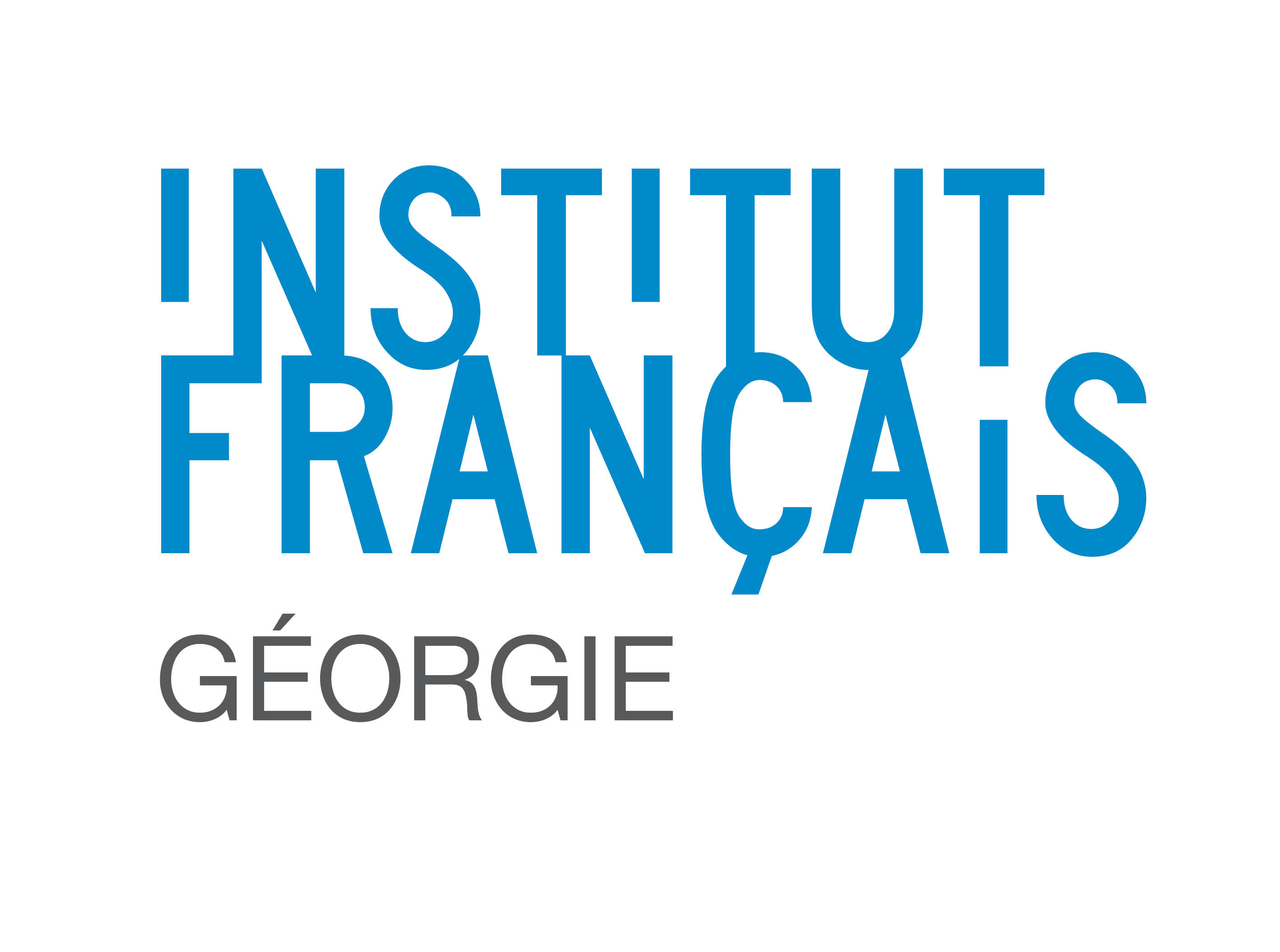


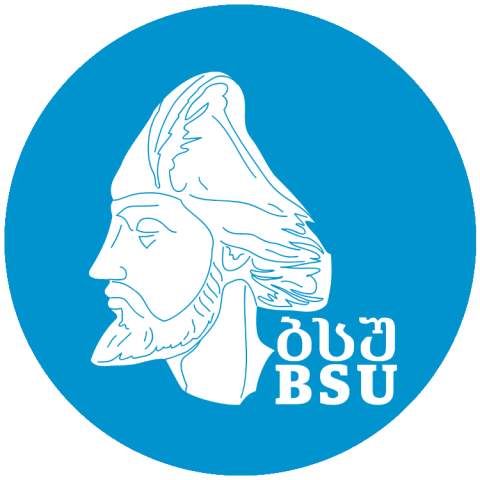

_001.png)

